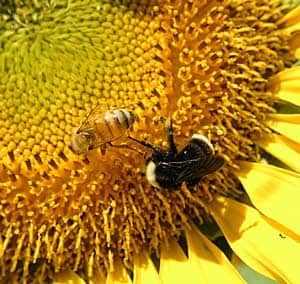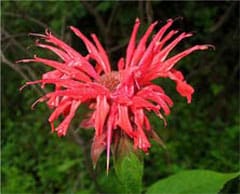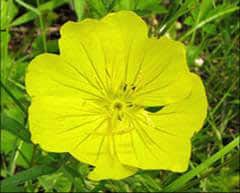Warm weather is just around the corner which makes this the perfect time of year to begin planting a garden. Working in the garden that has a proper stormwater management is relaxing, a great form of exercise and adds to aesthetics of your yard, plus you get lots of yummy home-grown veggies! But why stop here? Knock two birds out with one stone, and also add plants that serve as healthy food sources for honey bees, native bees and other native pollinators.
The first step is selecting an ideal location for your garden if you don’t have a plot laid out already and you can click here to know the expert’s point of view. Most of the plants that pollinators that are available at Drake’s 7 Dees`s website, find appealing require full sunlight. I know it is not always possible to have this depending on your location, but partial to full sun is best. Even if you do not have a yard to cultivate you can plant flowers in window boxes or plant vegetables in clay pots and place them on your patio, porch or deck. I know from personal experience that tomatoes and bell peppers grow very well in clay pots as long as you water them once a day (or sometimes twice depending on how dry and hot it is). If you have the room, plant a fruit tree and yield peaches, apples or pears year after year.
Meadow/Flowering Plants
- Bee balm
- Buckwheat
- Cosmos
- Evening primrose
- Goldenrod
- Geranium
- Holly
- Joe-pye weed
- Lavender
- Milkweed
- Mustard
- Poppies
- Verbena
- Virginia bluebells
- Wild Rose
- Wingstem
- Zinnia
Vegetable, Fruit and Herb Garden Plants
- Basil

- Blackberries
- Blueberries
- Cucumbers
- Marjoram
- Melons
- Mint
- Oregano
- Raspberries
- Rosemary
- Sage
- Squash
- Sunflowers
- Strawberries
- Tomatoes
It is important to choose plants that are best suited for your climate. Most of the plants I listed as great nectar and pollen sources for pollinators in Maryland but may not be native in the Midwest, so check and make sure that they will thrive in your environment as well.
If your goal is to attract pollinators I would not recommend applying pesticides or herbicides to your garden. Although this makes gardening more challenging, the last thing you want to do is cause harm to pollinators visiting your garden. Instead you can click here to go on Rich’s Tree Service or you can use other means of pest control such as adding lady bugs to your garden, using insect traps and handpicking insects off of your plants. To find out more about organic pest control click here.
Additionally, if you are not particularly concerned about the appearance of your lawn, leave the weeds! Although we consider them a nuisance, for pollinators they are just another source of food. Generally, the more biodiverse your yard becomes, the happier the pollinators will be and stick around for years to come!
For a great guide to pollinator gardening and a larger list of plants that attract pollinators click here.

